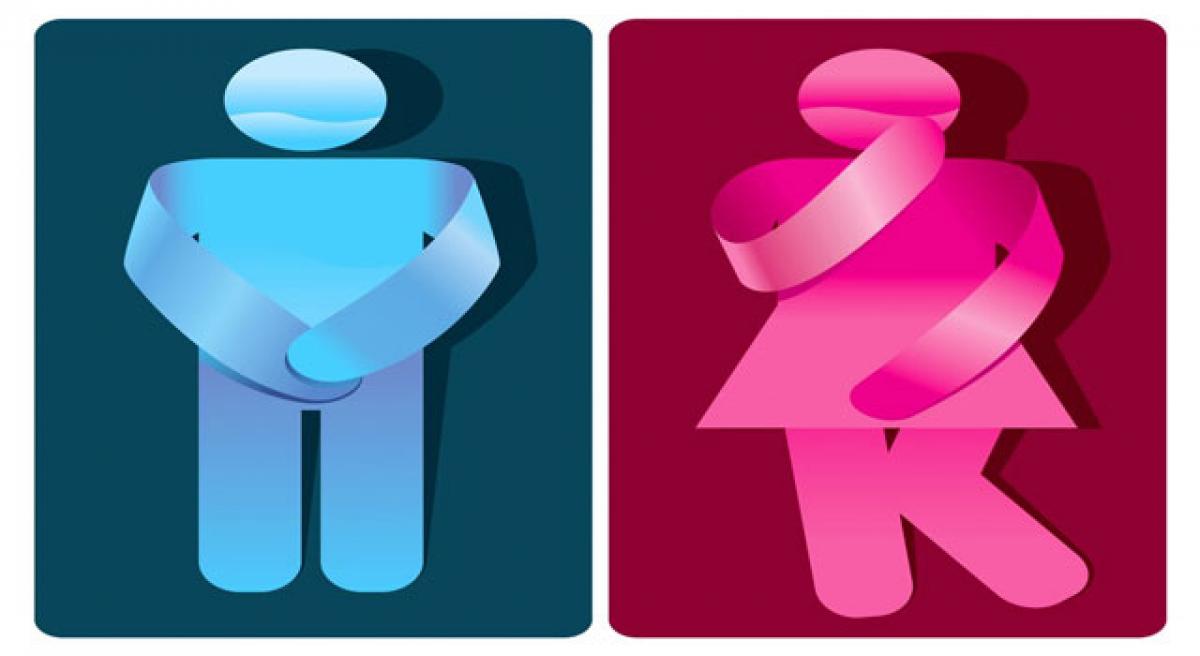Live
- Double valve replacement surgery performed successfully in Kurnool GGH
- RBI gets bomb threat in 'Russian' language, 2nd time in a month
- Atul Subhash suicide case: Wife absconds, K'taka Police arrest her mother, brother
- Garena Free Fire MAX Redeem Codes for December 13, 2024: Exclusive Rewards Await!
- Call to include Veera Saivas in OBC category
- December 2024: 5G Smartphones Under Rs 25,000 - Nothing Phone (2a) and More
- Freshers’ Day celebrations held at SKCHS
- Fresh Case Filed Against Mohan Babu, Sons for Assault on Journalist in Pahadishareef
- Committed to providing every facility to devotees at Maha Kumbh, says PM Modi
- Cold wave hits Manyam district, residents struggle with low temperature









